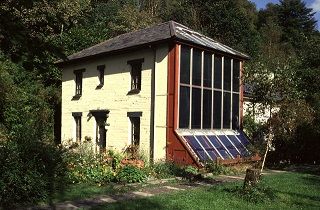The Sierra Club’s Petition on Solar Energy

How can I be unsure of where I stand on something like this? Simply because I’m not sure their proposal is unfair. I advocate for solar, but I advocate even harder for fairness. Someone’s got to pay for the operation of the grid. If I take my electric bill down to zero by using the grid as a storage device, it’s not right that I should be shifting all the costs on to the utility, i.e., onto other rate-payers.
Now, can I be sure that the utility is playing fairly? Of course not. These people are notorious for harassing people who want to implement solar – whether it’s a home-owner with a roof, or a multi-megawatt developer.
At the end of the day, we need to rethink what we’re asking of the utilities. We need them around, and we also need to encourage distributed generation, not to mention a steady migration to renewables, achieving, and then surpassing the RPSs (renewable portfolio standards) we hand them. Keeping all these balls in the air is going to take some new ideas.

I think this really comes down to fairness, like you said. If a fair value of solar energy can be determined, then it should be completely fair to take the electric bill down to zero, as any costs to the ratepayers for the grid should be offset by the (future) lower prices the utility is charging for energy. Maybe a fixed charge can be agreed on for the grid costs, but if the energy produced by a solar roof offers enough value to cover that fixed charge, then the bill would go to zero.